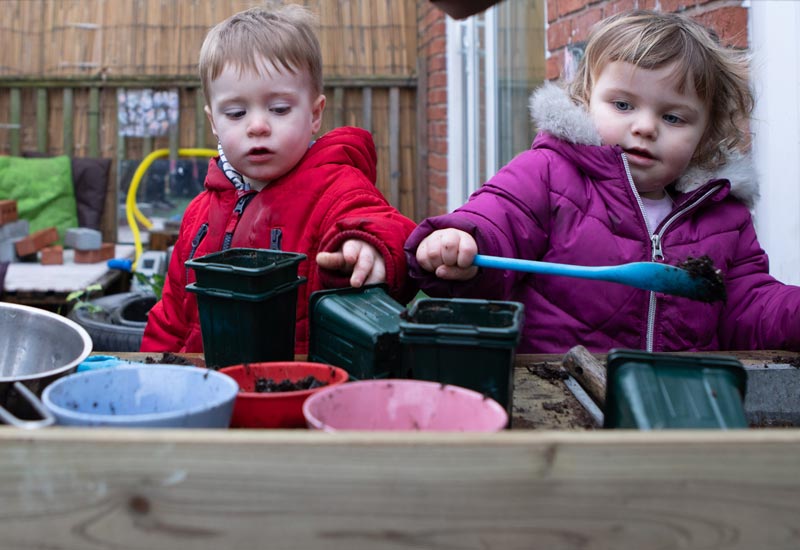Nursery news and interesting information
At Little Acorns nursery we want all families to be informed as much as possible…

Nursery news and interesting information
At Little Acorns nursery we want all families to be informed as much as possible…

Our Little Acorns Nursery Blog
Latest News
Little Acorns Nursery
Little Acorns is an outstanding nursery in Clayton-le-Woods, Chorley, Lancashire (PR6), near Clayton Green & Clayton Brook. It provides high quality childcare for babies (3 months +) & children of pre-school age.
Contact Us
34 Sheep Hill Lane,
Clayton-le-Woods,
Chorley,
Lancashire
PR6 7JH


Let’s Get to Know Butterflies – An Educational Nature Activity for Kids
With the UK’s Big Butterfly Count happening from roughly the second half of July right through to early August, we thought now was an excellent time to release our free butterfly poster for families to download. This is designed to encourage children and families to get outdoors to see how many of the UK’s most commonly seen butterflies they can see and identify. Our identification poster features 36 of the 59 butterfly species found in Britain (we have excluded butterflies that families are unlikely to see as some are quite rare or limited to small areas of the nation). That’s a much more comprehensive number of butterfly species than surveyed in the Big Butterfly Count (just 19 types of butterfly and 2 daytime-flying moths are included in that survey this year). We therefore wholeheartedly encourage children and families to download our free butterfly poster today, so they can get started on getting to know British butterflies. It’s educational as well as being a wonderful way to get children outdoors to enjoy the fresh air and all the profound benefits that nature will bring them.
Maths Concepts for Under-5s — & Why They’re Important
How to Help Your Child Transition to School
Tips for Potty Training Tots
Let’s Get to Know Wild Mammals! An Educational Nature Activity for Kids — with Free Poster
The Benefits of Sport in the Early Years – & Exciting Chorley News!
Little Citizen Scientists Needed for the Big Garden Birdwatch
Encouraging Learning Through Play at Home
How to Encourage Learning Through Play at Home
Play-based learning doesn’t stop when children leave childcare nurseries; it continues at home, where parents and caregivers play a crucial role in fostering an environment that supports exploration, curiosity, and growth through play. Through the suggestions outlined below, parents can help children more optimally benefit from everything that learning through play provides — while at home.
Autumn Nature Hunt — a Fun Activity for Children (with Free Reference Sheet)
The Power of Learning Through Play in Early Childhood
But how and why is play so important? And can it benefit even babies, the tiniest members of society? In today’s article, we’ll unravel the secrets of learning through play. We’ll refer to some findings of scientific studies that attest to its incredible impact, explore play’s significance in the early years and infancy, and explain how childcare nurseries like ours harness its potential to nurture young minds.
So, join us today as we explore the power of play and why it should be at the heart of every child’s learning experience. Let’s open the door to a world where fun, laughter, imagination, and natural discovery pave the way to a brighter future for our children.